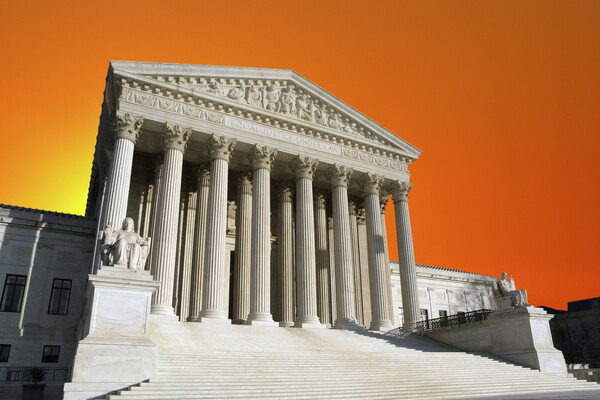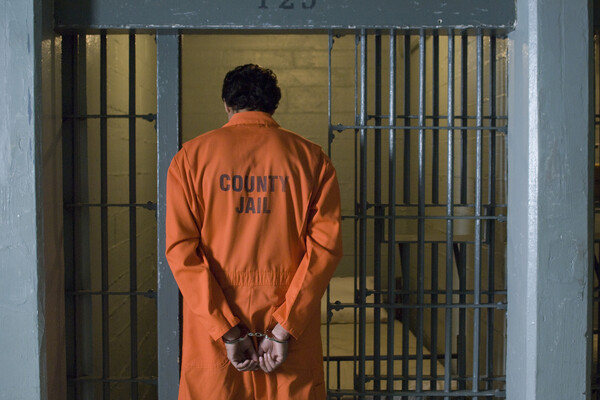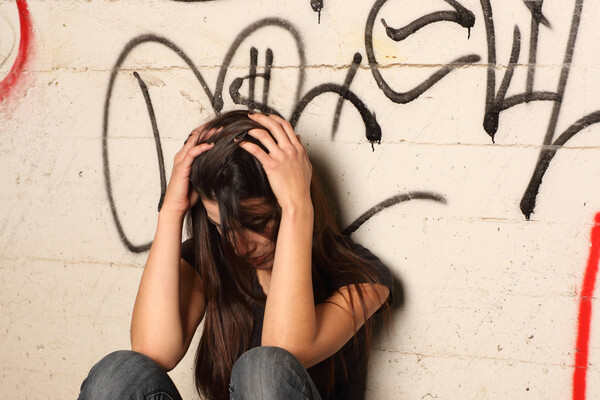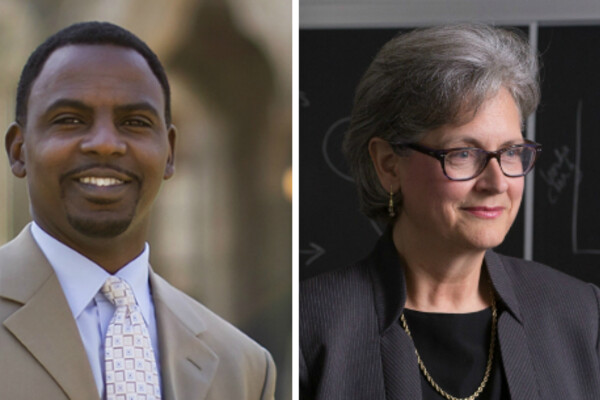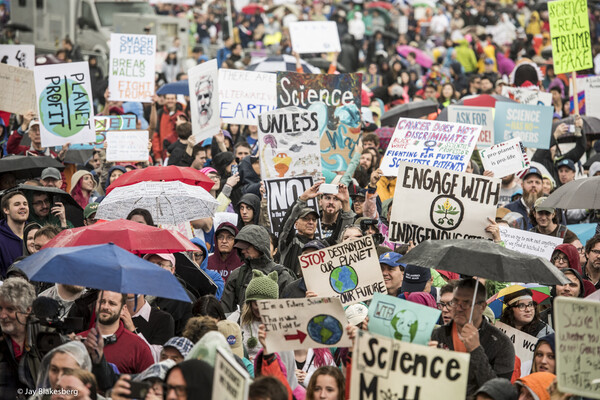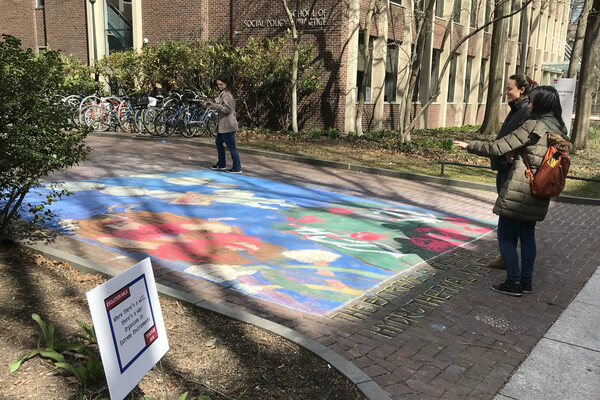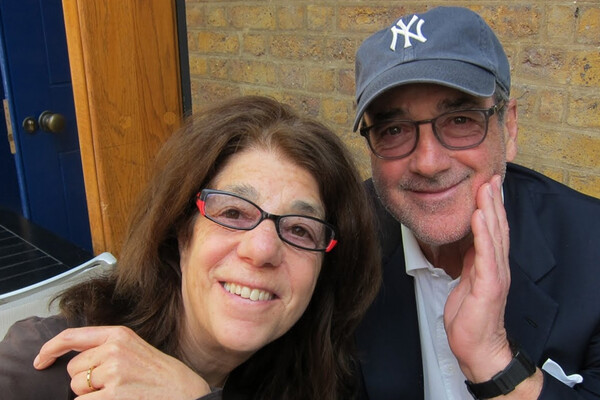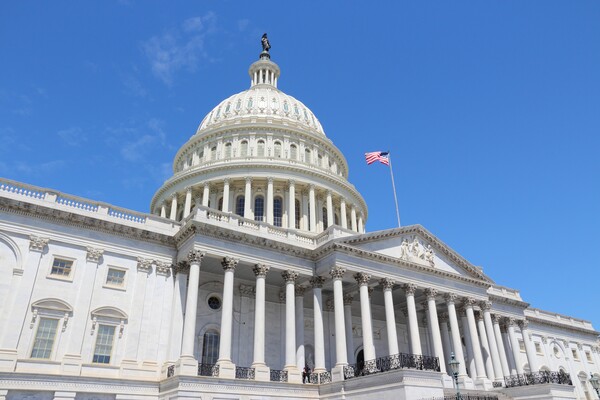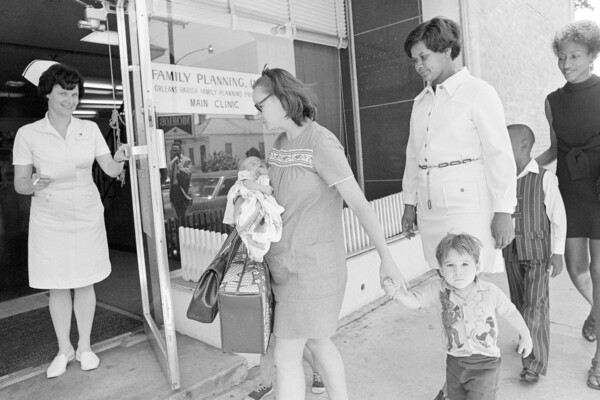11/15
Law
Why the Supreme Court bakery ruling raises more questions than it answers
Two Penn professors discuss the ruling that the state of Colorado was not unbiased in considering a baker’s claims of religious freedom as defense in a discrimination case, and its effect on future cases in regard to bias claims.
Incarceration’s impact on communities and people of color
At a day-long workshop, held at the School of Nursing, public health and criminal justice experts addressed how health and well-being are affected not only during incarceration, but after release, as well.
Wrongful convictions reported for 6 percent of crimes
For capital crimes like rape and murder, wrongful convictions happen in about 3 to 5 percent of cases. Such an estimate had proved elusive for the prison population as a whole—until now, thanks to work from Penn criminologists.
One-fifth of homeless youth are victims of human trafficking
A new study highlights the pipeline from abuse to homelessness to sex trafficking among youth in Philadelphia, D.C., and Phoenix, the largest study to date on human trafficking and teens.
Two innovative researchers selected as 2018 Carnegie Fellows
Daniel Q. Gillion and Beth Simmons are among the 29 recipients who will receive a stipend to fund up to two years of research and writing.
Sorenson talks gun violence prevention at March for Science
At the second annual March for Science in Washington, D.C., on Saturday, April 14, Susan B. Sorenson of the School of Social Policy and Practice spoke about gun violence prevention.
Opening the Teach-in by breaking down barriers
The first full day of the Penn Teach-in engaged participants with expert panels on vaccine denial and firearm violence, an "evolutionary walk through time," and a dialogue on the production and dissemination of knowledge.
Penn Law receives $3 million gift to expand public interest programs
A generous gift from Robert and Jane Toll will help increase access for Penn Law students to pursue impactful public service careers.
U.S. president vs. congressional investigators: How the battle of the branches could play out
Matthew Levendusky of the School of Arts and Sciences and Tobias Barrington Wolff of the Law School discuss the potential political, legal, and constitutional implications of the fight over a web of investigations and subpoenas.
The critical role of history after Dobbs
According to Penn Carey Law’s Serena Mayeri, the majority opinion in Dobbs v. Jackson Women’s Health Organization relies upon a flawed, results-driven historical methodology to deny fundamental freedoms.
In the News
Silk Road creator Ross Ulbricht is waiting for Trump to keep his word—and set him free
Leeza Garber of the Wharton School says that legal questions can’t be neatly isolated from ethical and political ones.
FULL STORY →
Courts restrained Trump in first term. Will they ‘check’ his power again?
Kate Shaw of Penn Carey Law says that the current Supreme Court is less likely to act as a check on presidential power than the Supreme Court of a few years ago.
FULL STORY →
What a Trump presidency might mean for Mayor Adams’s criminal case
Claire Finkelstein of Penn Carey Law comments on the incoming presidential administration and the legal woes of the New York City mayor.
FULL STORY →
Elon Musk wins big by betting on Trump
Cary Coglianese of Penn Carey Law says that Elon Musk might view himself as capable of “turning around the federal government.”
FULL STORY →
What a reelected Trump can and can’t do to sway the Fed
Peter Conti-Brown of the Wharton School says that whether a president can remove the Federal Reserve chair is ambiguous because the law doesn’t explicitly provide “for cause” protection for the role.
FULL STORY →
Election Day 2024: Can people see who I vote for?
Michael Morse of Penn Carey Law says that ballots are anonymous and won’t be connected back to a name when tabulated.
FULL STORY →




